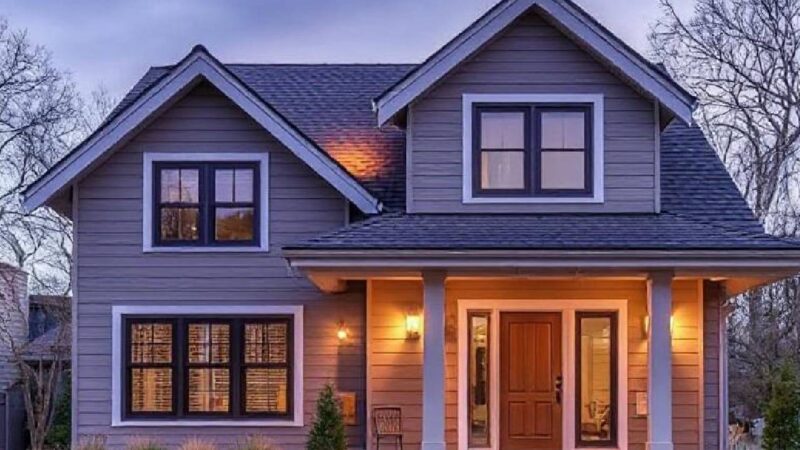Smart home technology is evolving, offering homeowners greater convenience, efficiency, and security. From automated lighting to energy-saving heating systems, smart devices have transformed how we live. However, not all smart home setups are created equal, and older technology may not provide the benefits you once expected. If you’re wondering whether it’s time for a significant upgrade, here are some key signs that your home could benefit from the latest advancements in smart technology.
1. Your Current System Feels Outdated
Technology moves fast, and what was cutting-edge a few years ago may now be inefficient or incompatible with newer devices. If your smart home gadgets don’t work seamlessly together, require frequent troubleshooting, or lack the latest automation features, it may be time to consider an upgrade.
Modern smart hubs and integrated systems allow for better communication between devices, enabling voice control, remote access, and personalized automation. If you’re still manually adjusting your thermostat or struggling with an unreliable security system, a newer setup could make your home smarter and more efficient.
2. Your Energy Bills Keep Rising
One of the biggest advantages of smart home technology is energy efficiency. Smart thermostats, lighting controls, and energy-monitoring systems help reduce waste and lower utility costs. However, if your energy bills continue to climb despite using these technologies, your current setup may not be as efficient as it could be.
For instance, an outdated heating system may struggle to maintain the desired temperature, consuming more energy than necessary. Replacing your boiler with a modern, energy-efficient model could drastically cut costs while improving home comfort. Similarly, upgrading smart thermostats with AI-driven scheduling can optimize energy usage.
3. Your Home Security Needs an Upgrade
Home security has come a long way in recent years, with smart cameras, video doorbells, and motion sensors providing real-time alerts and remote monitoring. If your current security system lacks these features or doesn’t integrate well with your other smart devices, it may be time for an upgrade.
Today’s smart security systems offer facial recognition, two-way communication, and AI-driven alerts to distinguish between real threats and false alarms. Upgrading your home’s security can provide greater peace of mind, especially if you travel frequently or want to monitor your property remotely.
4. You’re Expanding or Renovating Your Home
Home renovations present the perfect opportunity to incorporate smart technology. Whether you’re adding new rooms, upgrading your kitchen, or finishing a basement, integrating smart devices during the construction process ensures a seamless and efficient setup.
For example, smart lighting, motorized blinds, and zoned heating systems can be installed to enhance convenience and energy savings. Retrofitting these systems later can be more complicated and costly, so planning upgrades in advance is wise.
5. Your Lifestyle Has Changed
Smart home improvements should adapt to your lifestyle. If you now work from home, have a growing family, or want more automation for daily routines, upgrading your smart home setup can make life easier.Voice-controlled assistants, smart kitchen appliances, and automated climate control can help streamline tasks, giving you more time to focus on what matters most.
Final Thoughts
Upgrading your smart home isn’t just about keeping up with trends—it’s about creating a space that enhances your comfort, security, and efficiency. By recognizing the right time for a big upgrade, you can ensure your home remains a modern, convenient, and cost-effective place to live.









